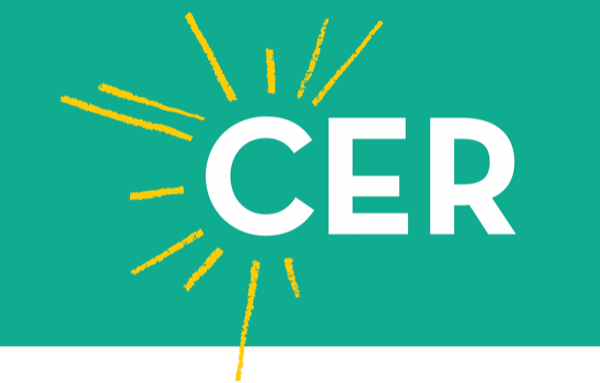chevron_leftchevron_right
Charter Schools
Score
85%
Grade: B
Rank: #10
A pioneering state that first demonstrated how successful a university system can be in authorizing no matter what the political party that controls the state, New York's charter environment still outshines most states, which is why it still scores high in the national rankings. Still, districts are reticent authorizers and New York City's politicians now fight against the innovative public schools despite their many successes.
Fast Facts:
Law passed: 1998
Most recently amended: 2017
Number of charter schools: 343
Number of charter students: 175,000
Cap on the number of schools allowed: Yes
Virtual charters allowed: No
Charter Law Analysis:
AUTHORIZERS: The State University of New York (SUNY) Board of Trustees is an independent statewide authorizer. Schools authorized by SUNY must receive final approval by the Board of Regents. Local districts can also approve charter schools, but the Board of Regents also must give final approval. The Mayor of the City of New York, through his appointed Chancellor, has in the past been a primary authorizer of city schools. There is no appeals process.
GROWTH: Between 2019 and 2023, the state has seen a nearly 10% enrollment increase in charter schools. There is a limit of 460 charter schools statewide. Additionally, no more than 50 new charter schools can be created after July 1, 2015 in a city with a population of 1 million or more. Conversions and charter renewals do not count toward the statewide limit. 2023 amendments to the law provided for the reissuance of up to 22 charters that had been surrendered, revoked, terminated or not renewed after January 1, 2015 and before July 1, 2022. No more than 14 of the 22 charters may be issued in New York City and new charters cannot be approved in a New York City geographic district, where 55 percent or more students are already enrolled in charter schools. Charters may have multiple campuses.
OPERATIONS: Authorizers and charter school boards have a great deal of autonomy, which often translates into innovation and high quality schools.
EQUITY: Charter schools receive a proportional share of dollars to district schools. The FY 2023 Executive Budget provided a one-time 4.7 percent increase in per pupil funding to New York City charter schools. However, charters still receive less than two-thirds, on average, compared to their district counterparts. There is no per-pupil facilities funding for charter schools, but statute states that new or expanding charter schools can follow the "Facilities Access Process," where they may obtain co-located space in a school district building, receive private building space at no cost, or secure funding to cover rental expenses (up to 30% of the per-pupil cost). In 2024 the state budgeted $31.5 million in "Charter Schools Facilities Aid" as a supplemental funding source to assist with facilities costs.
Choice Programs (Scholarships, Vouchers, Tax Credits, etc.)
Score
50%
Grade: F
Rank: #32
New York has no private school choice programs available.
Teacher Quality
USE OF STUDENT DATA IN EVALUATING TEACHER PREP
"New York does not currently use student achievement or growth data to hold teacher preparation programs accountable."
This is just one indicator from The National Council on Teacher Quality, which collects and analyzes states on how well their policies and practices lead to well-prepared teachers. They collect data on state laws and regulations concerning the preparation of teachers, the policies that govern their oversight and the contracts that guide their employment. Learn more about your state here.
National Council on Teacher Quality
https://www.nctq.org/yearbook/stateHome/NY
keyboard_arrow_down
